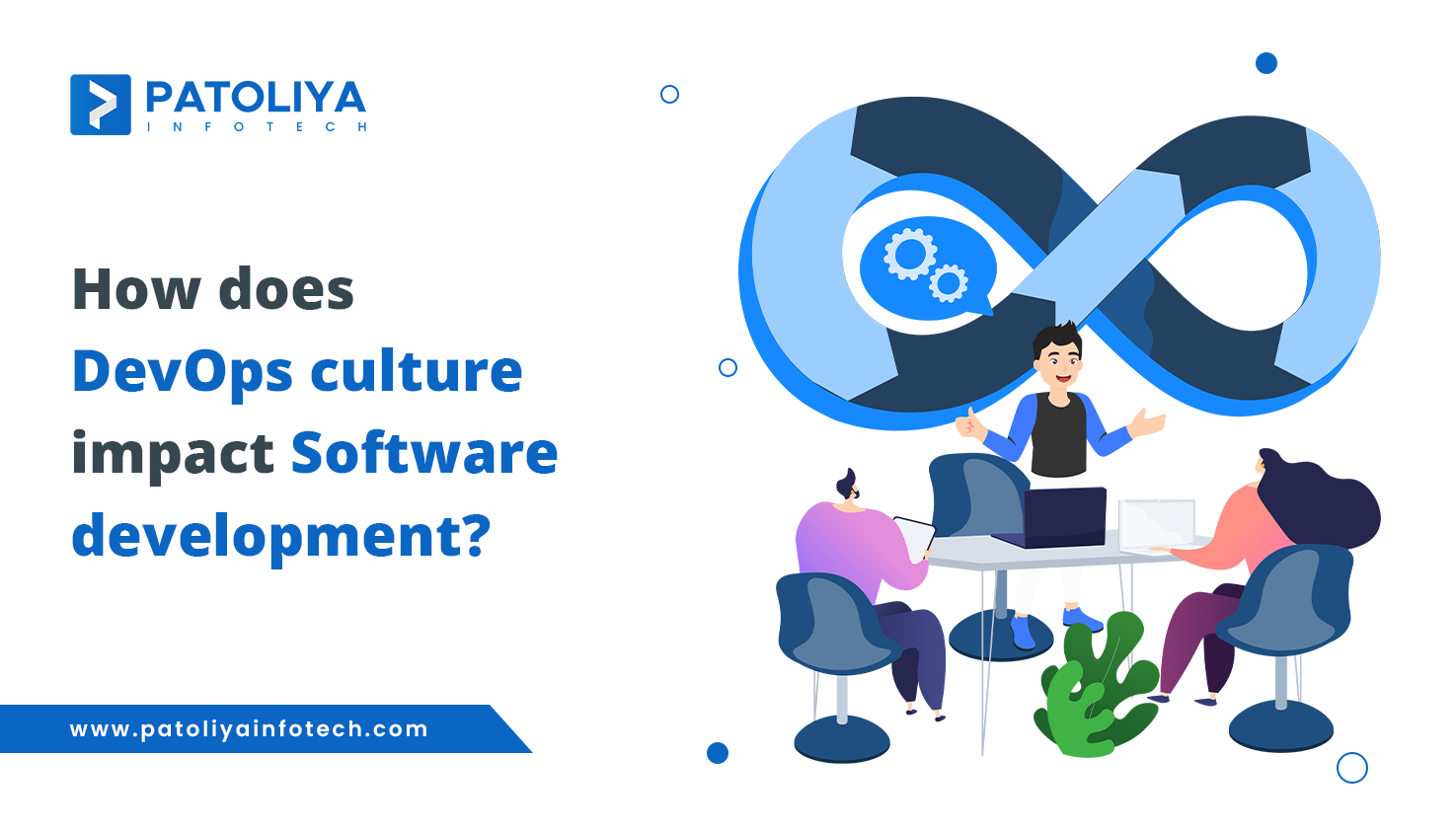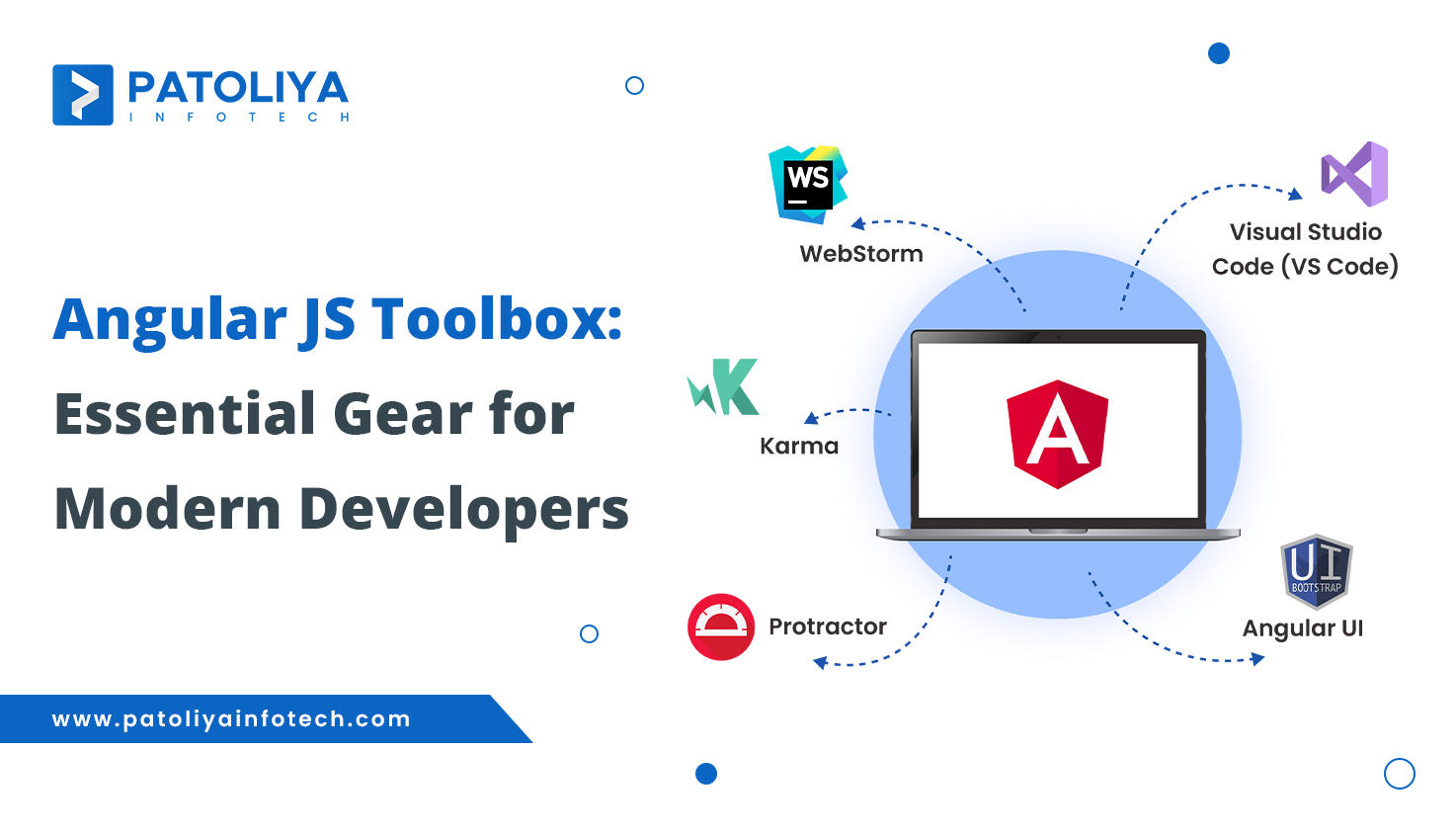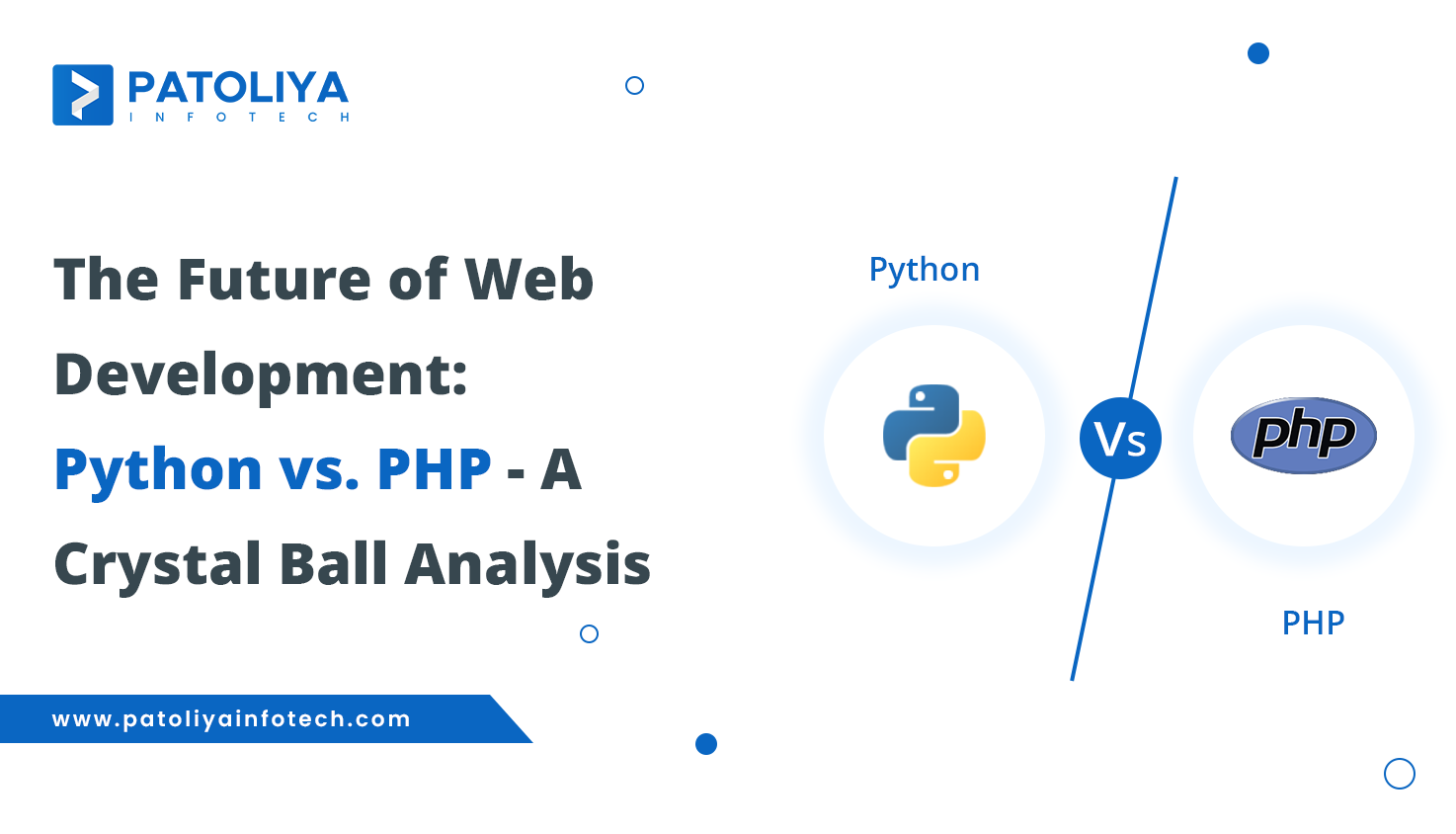MERN vs. DevOps: Navigating the Path to Software Success
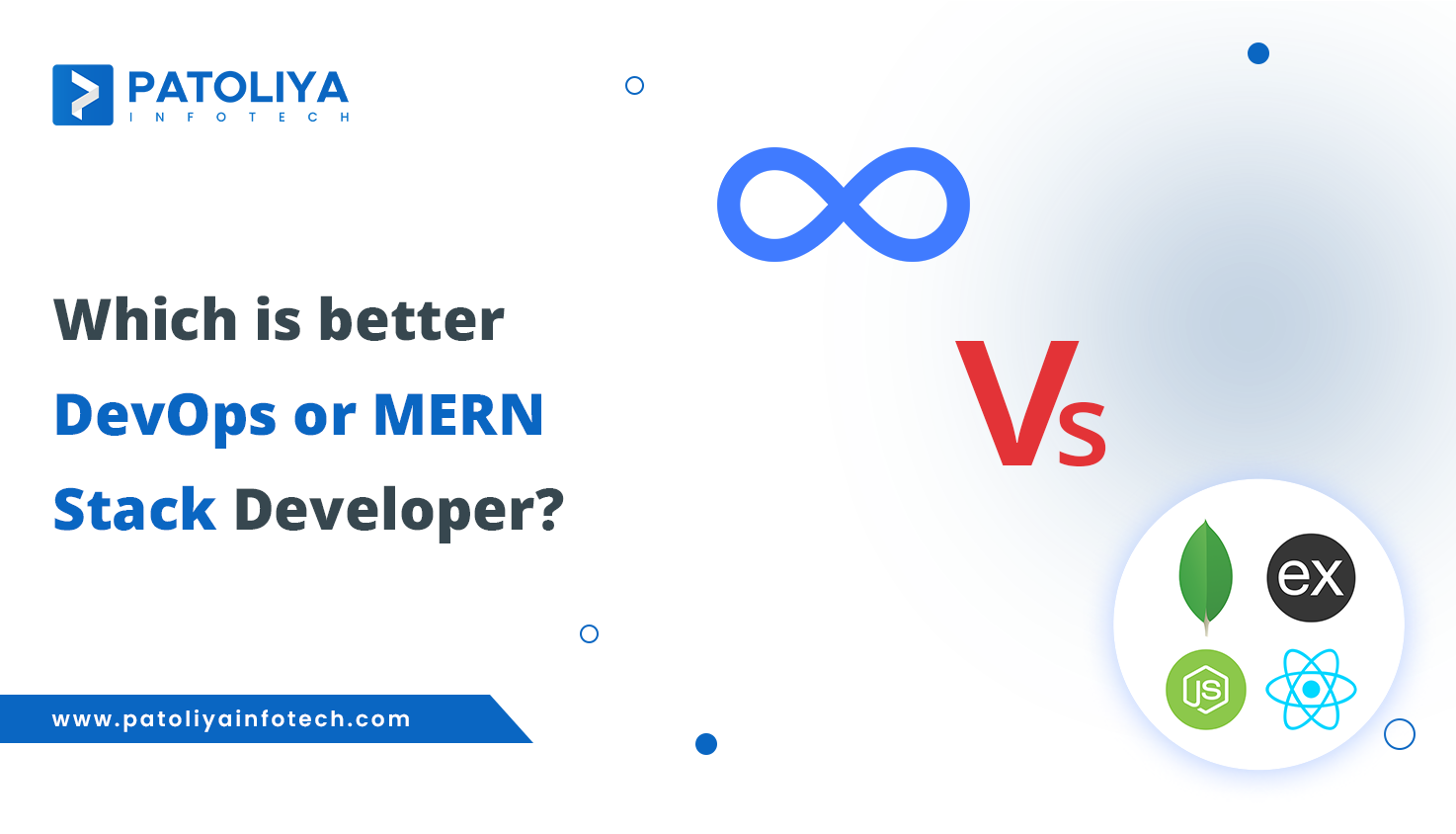
Have you ever been overwhelmed by the amount of possibilities in the world of software? You’re not alone. Deciding whether to become a DevOps specialist or a MERN stack engineer can be an important one for ambitious technical professionals.
Both perspectives come with constraints, opportunities, and specific business models. Let’s dive into the intricacies of each program to see if one is the best fit for you.
Mern Stack Master
A MERN stack developer uses a formidable weapon: the MERN stack itself. Here are the technologies needed to develop modern web applications:
- MongoDB: A flexible NoSQL database for data storage.
- Express.js: Node. js-based web framework for API development.
- React.js: A JavaScript library for building dynamic user interfaces.
- Node.js: A JavaScript runtime environment that allows you to run JavaScript code outside of the browser.
Built for success. MERN stack engineers are full-stack professionals who can work on the front end (user interface) as well as the back end (server-side logic) of an application.
The DevOps Engineer: The architect of excellence
DevOps engineers are not directly involved in application development, but they are the unsung heroes who help streamline the software development process. They bridge the gap between development and business units, through their focus
Automation is the process of developing systems and tools for routine tasks such as automated deployment and testing.
Collaboration: Foster more dialogue and collaboration between developers, testers, and contractors.

Infrastructure management is the process of configuring and managing the networks, servers, and devices required to develop, install, and deploy applications.
So, MERN or DevOps? It depends on it! There is no "best" choice. Here’s how to decide.
Your interests: Do you enjoy the rush of optimizing complex systems or the challenge of creating sophisticated user interfaces?
Project Requirements: Is your project a large application that requires frequent updates, or is it a smaller, front-end-focused application?
Team Structure: Would the full-stack skillset of a MERN developer be more helpful, or do you have a specialized DevOps team?
Together, the power is formidable. Although they have different products, MERN and DevOps are not competitors. High-quality software and high-performance development lifecycles are the result of their combined experience.
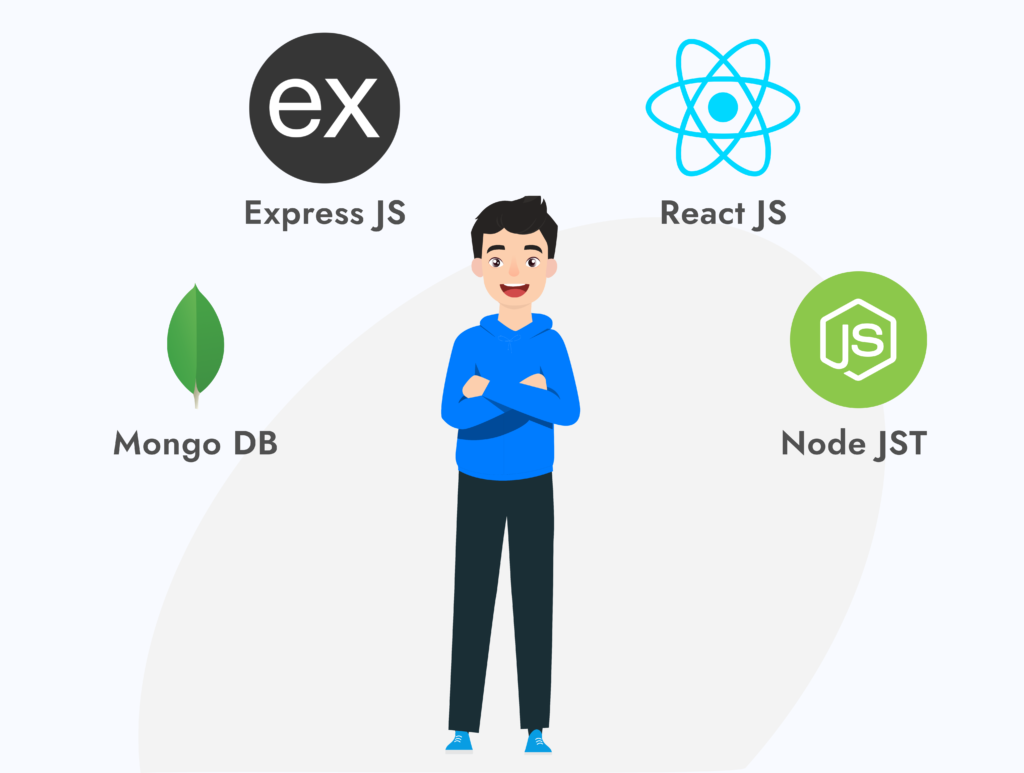
Are you all set to choose your path?
DevOps engineers and developers of the MERN stack are in high demand. Explore online resources, experiment with different technologies, and choose the path that will inspire you to build the future!DevOps Developer.
Using a DevOps approach—a mix of development and deployment—software developers and IT service professionals must place higher priority on collaboration, integration, automation, and connectivity. The goal of DevOps is to build, test, and deliver software quickly and reliably.
Skills Required:
- The ability to code and script
- an understanding of automation tools such as Chef, Puppet, or Jenkins
- Grasp of technologies related to containerization, such as Docker
- Acquaintance with cloud computing systems like Google Cloud, Azure, or AWS
Pros:
- Strong familiarity with Git and other version control tools
- Improved collaboration and communication between teams
- Faster development cycles and more frequent releases
- Greater efficiency and productivity through automation
- Enhanced reliability and stability of software deployments
Cons:
- A steeper learning curve due to the breadth of tools and technologies involved
- Requires strong problem-solving skills and the ability to troubleshoot complex issues
- Constantly evolving field, requiring continuous learning and adaptation
MERN Stack Developer
The MERN stack is a popular choice when building dynamic web applications. Its four core products are the JavaScript library React to build the user interface, the web application framework Express.js, the NoSQL database MongoDB, and the runtime environment Node.js to execute the JavaScript code on the server side
Skills Required:
- Proficiency in JavaScript and related technologies
- Front-end development experience using React
- Knowledge of back-end development using Node.js and Express.js
- MongoDB and other known NoSQL databases
- Understanding of RESTful APIs and web applications
Pros:
- Expertise in a specific technology stack, providing in-depth knowledge
- There is a huge demand for MERN stack developers in the business market
- Ability to build comprehensive applications using consistent technologies
- Opportunities for creativity and innovation in application design and development
Cons:
- Limited scope compared to DevOps throughout the software development life cycle
- Continuous learning is essential to keep up with evolving technologies and best practices
- It can face challenges by integrating other technologies or platforms outside of the MERN stack
Conclusion
When deciding whether to become a DevOps developer or MERN stack engineer, you should consider your interests, skills, and career goals. With its focus on collaboration and automation, DevOps takes a comprehensive and inclusive approach to software development.
However, specializing in a particular technology stack—which brings experience with dynamic web applications—is an added benefit of being a MERN stack developer Think critically about your skills and goals and make decisions that suit your career path.
